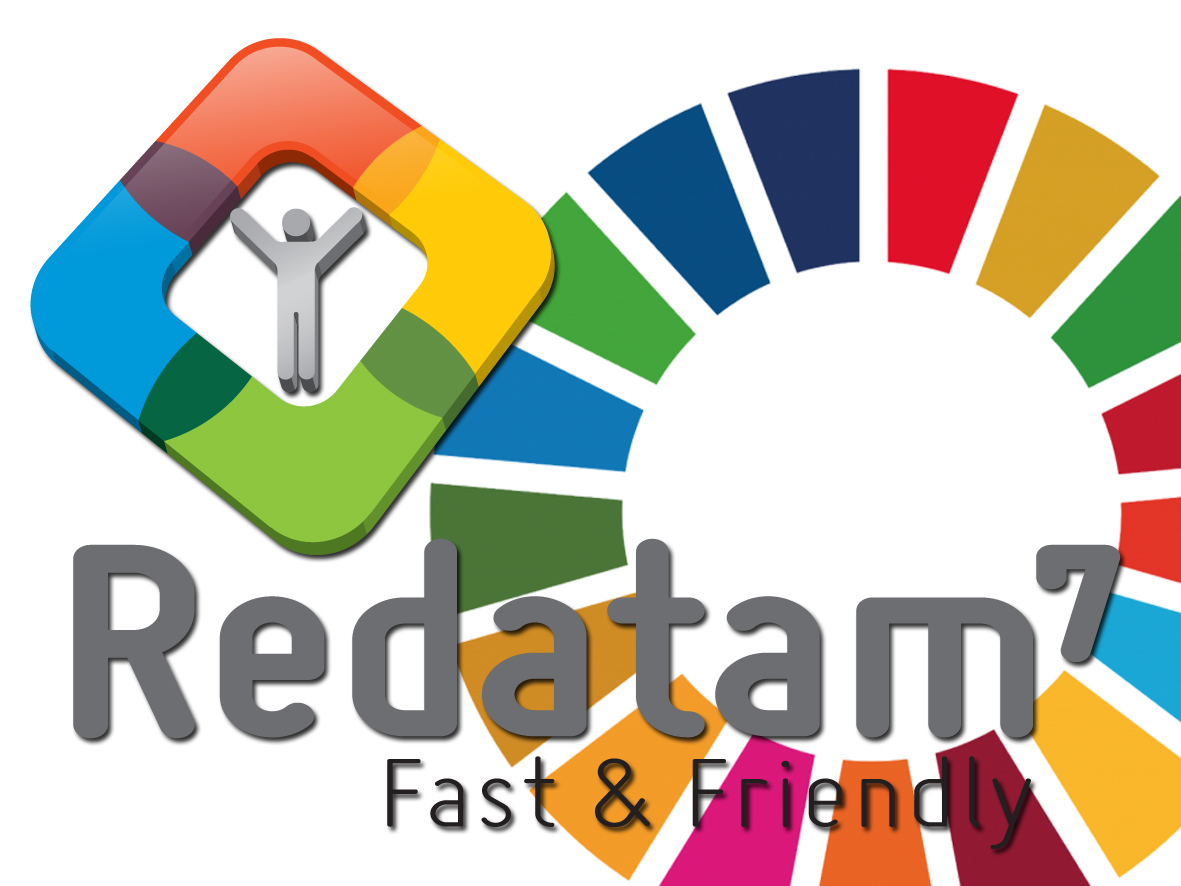Online Redatam workshop: Use and processing of census data for the creation of the Agenda 2030 and SDG follow-up indicators
Work area(s)
Registrations are open for a new version of the Redatam workshop that will be held virtually from May 4th to 11th, 2021. This workshop will focus on the use of Redatam to process census information to learn the functionality of the software and explore the potentialities offered by the censuses to obtain specific SDG and follow up indicators.
The region faces substantive challenges related to data sources in order to measure real progress in achieving the objectives and goals of the development agendas. In this context, population and housing censuses appears to be a primary source of information and should be considered as essential information for the calculation of the follow up indicators. Census are universal, they apply to the whole population within a country, they provide basic information at the dwelling household and person levels, allowing the socio demographic characterization of the population and its living conditions. Likewise, census round 2020 is starting in many countries of the region. With 2010 and 2020 censuses available, it will allow to monitor the agenda 2030 through the comparison of the indicators.
Redatam, a statistical processing software developed by CELADE-Population Division, offers key features such as its hierarchical data structure, friendly interface, and at the same time, the fast and efficient processing and analysis of specific population groups, given de universality of census.
This workshop offers the opportunity to process, analyze and map information from population and housing censuses using the Redatam syntax with priority in the generation of indicators defined in the SDG goals which can be derived from censuses as the prime source with Redatam language. The indicators can be computed with the proposed disaggregation: urban rural areas, age groups, sex, disability, indigenous peoples, employment status, etc. For example:
11.1.1 Proportion of urban population living in slums, improvised settlements or insufficient housing
1.1.1 Proportion of the population living below the poverty line, disaggregated by sex, age group, employment status and geographic location (urban or rural).
1.4.1 Proportion of the population living in households with access to basic services. etc.
Costs: The fee is US $ 200 dollars for each participant.
Date: Tuesday May 4th thru 11th 2021. Classes will be taught by modules of a maximum of three hours per day.
Place: Virtual classroom using Microsoft Teams.
Given the health crisis of COVID-19 that we have suffered since last year, we have readjusted the traditional methodology of face-to-face classes by designing an online course to be taught using a web platform. This implies a change in the teaching methodology, in the content of the classes and in the communication with the facilitators. Classes will be taught by modules of a maximum of three hours per day, for six days, and will be live, therefore, students must activate the application every day at a certain time to listen to the teacher and watch the exercises that he is developing. The class will be recorded so that the student can practice later. Exercise will be assigned daily to work individually and will be reviewed the next day.
Please confirm your interest by submitting the following registration form, by e-mail to orly.winer@cepal.org. Address additional questions regarding the content of the workshop to alejandra.silva@cepal.org
Related content

Online Redatam workshop: Use and processing of census data for the creation of the Agenda 2030 and SDG follow-up indicators
Classes will be taught by modules of a maximum of three hours per day, for six days, and will be live. It will focus on the use of Redatam to process census information to learn the functionality of…